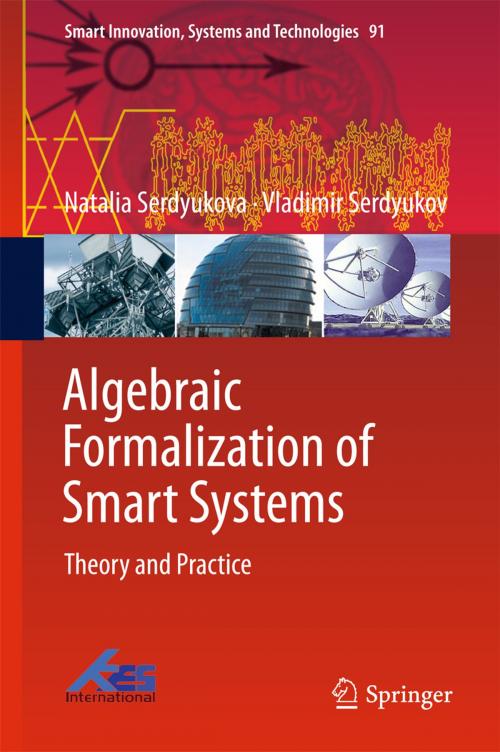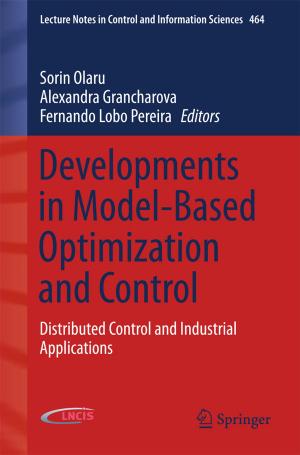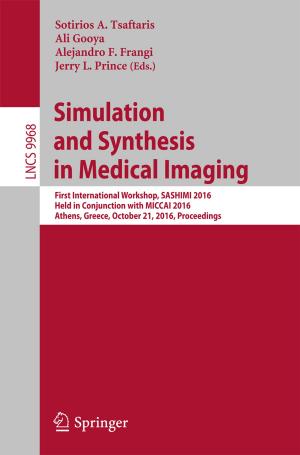Algebraic Formalization of Smart Systems
Theory and Practice
Nonfiction, Computers, Advanced Computing, Artificial Intelligence, General Computing| Author: | Natalia Serdyukova, Vladimir Serdyukov | ISBN: | 9783319770512 |
| Publisher: | Springer International Publishing | Publication: | March 8, 2018 |
| Imprint: | Springer | Language: | English |
| Author: | Natalia Serdyukova, Vladimir Serdyukov |
| ISBN: | 9783319770512 |
| Publisher: | Springer International Publishing |
| Publication: | March 8, 2018 |
| Imprint: | Springer |
| Language: | English |
This book reveals the general laws of the theory of smart systems with the help of a very powerful and expressive language of algebraic formalization. It also shows how this language can be used to substantiate practical results in the field of smart systems, which previously had only an empirical justification. Further, it proposes a translation of the theory of smart systems from verbal language to a much more expressive language of algebraic formalization, allowing the laws of the theory of smart systems to be seen in a different light.
In 1937 L. Bertalanffy proposed the concept of an algebraic system and the development of a mathematical apparatus for describing systems. In the 1970s, A.I. Mal'tsev developed a theory of algebraic systems connecting algebra and logic for studying algebraic and logical objects. In the 1990s, the concept of purities by predicates was introduced by one of the authors, and the book includes some of its applications. The concept, which is based on the theory of algebraic systems, allows clarification of the connections between quantitative and qualitative analysis of a system.
The book is intended for readers who use elements of artificial intelligence in their work.
This book reveals the general laws of the theory of smart systems with the help of a very powerful and expressive language of algebraic formalization. It also shows how this language can be used to substantiate practical results in the field of smart systems, which previously had only an empirical justification. Further, it proposes a translation of the theory of smart systems from verbal language to a much more expressive language of algebraic formalization, allowing the laws of the theory of smart systems to be seen in a different light.
In 1937 L. Bertalanffy proposed the concept of an algebraic system and the development of a mathematical apparatus for describing systems. In the 1970s, A.I. Mal'tsev developed a theory of algebraic systems connecting algebra and logic for studying algebraic and logical objects. In the 1990s, the concept of purities by predicates was introduced by one of the authors, and the book includes some of its applications. The concept, which is based on the theory of algebraic systems, allows clarification of the connections between quantitative and qualitative analysis of a system.
The book is intended for readers who use elements of artificial intelligence in their work.















